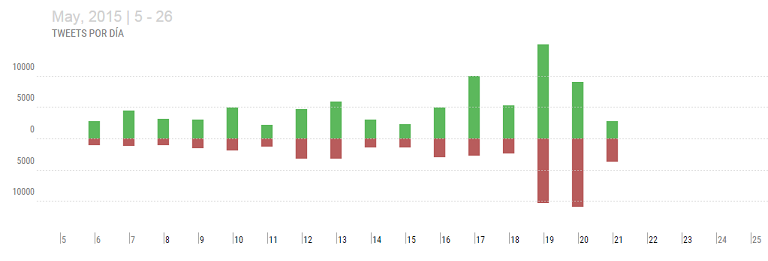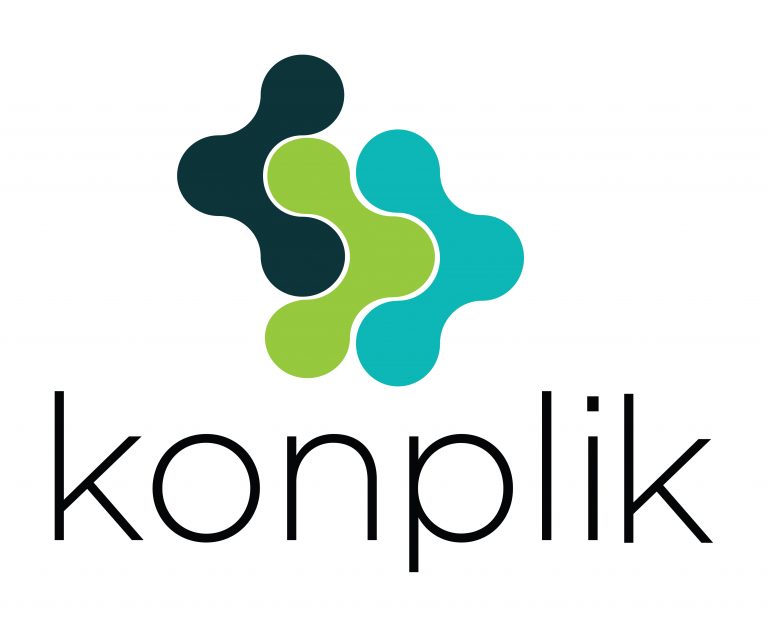Do you need to understand the impact that social media and news have on your corporate reputation (or your customers’)? Now, a new MeaningCloud API enables you to analyze all that information in real time and structure it according to the dimensions of the most common reputational schemes.
Some customers have been demanding us a precise way of understanding the impact that opinions from social media and other channels have on a company.
 Social monitoring tools provide a basic sentiment analysis that in the best of cases identifies that a certain comment (e.g. a tweet) expresses a positive or negative opinion about an entity, and use the aggregated data in diagrams and temporal evolutions. Nevertheless, analyzing a so multifaceted reality as the reputation of a company requires a more granular opinion analysis.
Social monitoring tools provide a basic sentiment analysis that in the best of cases identifies that a certain comment (e.g. a tweet) expresses a positive or negative opinion about an entity, and use the aggregated data in diagrams and temporal evolutions. Nevertheless, analyzing a so multifaceted reality as the reputation of a company requires a more granular opinion analysis.
Although it is usually identified with online reputation, corporate reputation is a different concept: it consists of an aggregate of the opinions and perceptions that the public has about a certain company. And it’s a multidimensional characteristic, since those opinions are assessed around a series of more or less standard axes: Financial situation, Product quality, Innovation, Strategy…
A more social, real-time reputation analysis
So far, corporate reputation has been measured by interviewing and conducting surveys to customers and analysts, and it has been provided in the form of static periodic reports. But the number of customers who are not satisfied with a “snapshot” a posteriori -based on a few opinions- is constantly increasing. Now they wish to add to the picture the impact that social and traditional media have on their reputation, and access that information in a more up-to-date and actionable way to detect potential reputational crises well in advance.
With this MeaningCloud update we have added a new Corporate Reputation API, which enables to include in the reputational analysis the huge amount of spontaneous opinions expressed in all kinds of media (social networks, forums, blogs, news websites) in real time.
New corporate reputation API
This API performs a reputational tagging of text: it receives a document (tweet, piece of news, comment in a survey), detects the mentioned companies, identifies the reputational dimensions involved and extracts the polarity that affects each one of them. All this with a high level of accuracy and granularity, distinguishing opinions about different companies than can coexist in a single sentence. The result is presented in the form of standard tags that can be used to aggregate, relate, detect trends, generate alerts, etc.
Under the hood, the corporate reputation API uses a highly optimized pipeline that incorporates information extraction, automatic classification and polarity analysis techniques. In addition, it is based on standard interfaces and features SDKs that enable to integrate it into any available monitoring application or tool. More information here.
Using this API you can complement the traditional reputational studies with a more agile and immediate analysis of the impact of social media, news, etc., and thus manage more dynamically such an important asset of your company.
And don’t forget that with this MeaningCloud update we include two APIs from our previous product, Textalytics: Linguistic Analysis and Text Proofreading.








 The inclusion of application-specific linguistic resources (dictionaries, models) allows these tools to reach high levels of precision and recall, but, in general, this is an expensive process that requires a deep proficiency in these technologies.
The inclusion of application-specific linguistic resources (dictionaries, models) allows these tools to reach high levels of precision and recall, but, in general, this is an expensive process that requires a deep proficiency in these technologies. Social monitoring tools provide a basic sentiment analysis that in the best of cases identifies that a certain comment (e.g. a tweet) expresses a positive or negative opinion about an entity, and use the aggregated data in diagrams and temporal evolutions. Nevertheless, analyzing a so multifaceted reality as the reputation of a company requires a more granular opinion analysis.
Social monitoring tools provide a basic sentiment analysis that in the best of cases identifies that a certain comment (e.g. a tweet) expresses a positive or negative opinion about an entity, and use the aggregated data in diagrams and temporal evolutions. Nevertheless, analyzing a so multifaceted reality as the reputation of a company requires a more granular opinion analysis.


